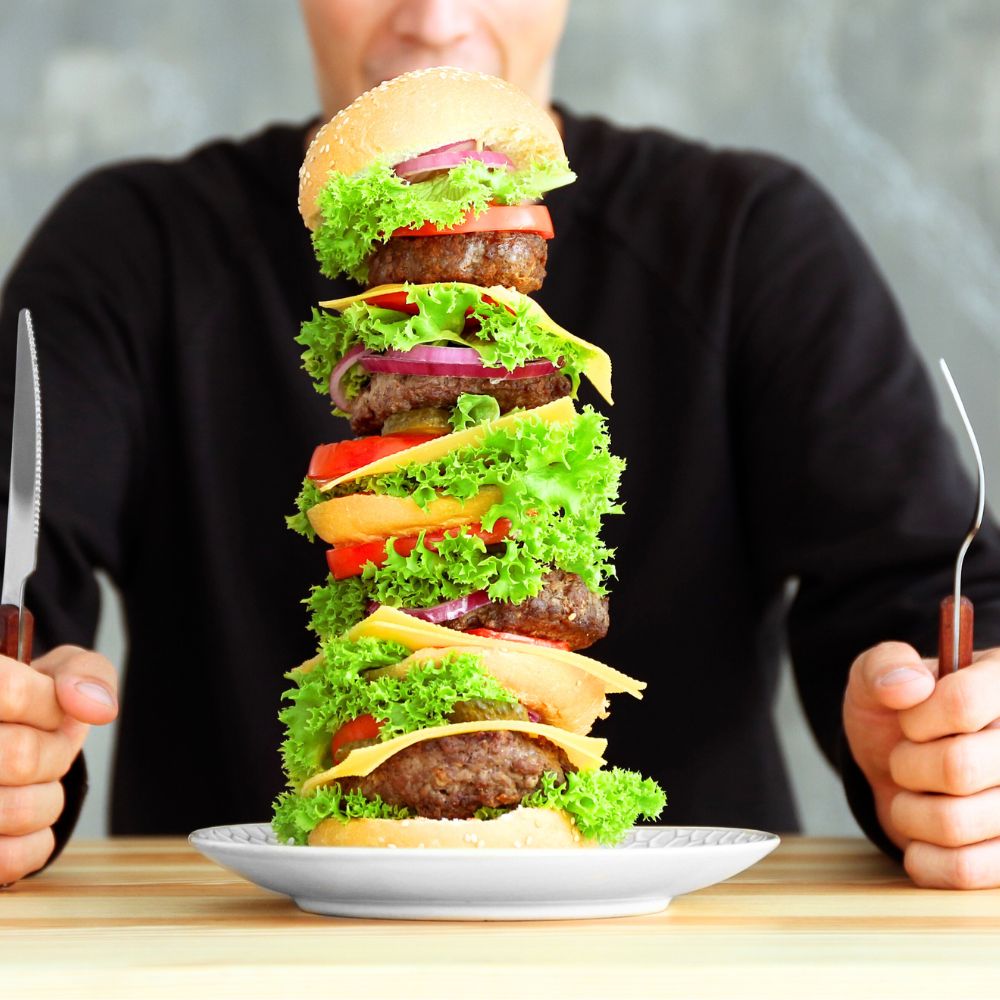When it comes to dieting and maintaining a healthy lifestyle, the concepts of “cheat day” and “cheat meal” are popular among fitness enthusiasts. Both strategies allow individuals to indulge in foods they love while still striving toward their health goals. However, choosing between a cheat day and a cheat meal can impact your progress and mindset. Let’s explore the differences, benefits, and potential drawbacks of each to help you decide which approach is better for you.
What is a Cheat Meal?
A cheat meal is a single meal where you allow yourself to enjoy foods that may not fit into your usual dietary plan. This could be anything from pizza to dessert, and it typically occurs once a week or as needed. The idea behind a cheat meal is to provide a mental break from strict dieting while minimizing disruption to your overall nutritional goals.
Benefits of Cheat Meals
- Psychological Relief: A designated cheat meal can help satisfy cravings and reduce feelings of deprivation, making it easier to stick to a diet in the long run.
- Metabolic Boost: Some studies suggest that incorporating occasional cheat meals can temporarily increase metabolism and prevent the body from adapting to a lower caloric intake.
- Social Flexibility: Cheat meals allow for greater flexibility when dining out or attending social events, making it easier to enjoy time with friends and family.
Potential Drawbacks of Cheat Meals
- Overindulgence: There’s a risk of going overboard and consuming more calories than intended, which could derail progress.
- Guilt and Anxiety: Some individuals may feel guilty after a cheat meal, leading to negative feelings about their diet.
What is a Cheat Day?
A cheat day involves taking an entire day off from your diet plan, allowing for unrestricted eating. This means you can enjoy multiple meals and snacks that are typically not part of your regimen.
Benefits of Cheat Days
- Complete Break: A cheat day provides a full mental and physical break from dietary restrictions, which can be refreshing for those on long-term diets.
- Social Enjoyment: It allows for more freedom during social gatherings, making it easier to enjoy celebrations or outings without stress.
- Variety: A cheat day can help satisfy a range of cravings, offering more variety in your diet.
Potential Drawbacks of Cheat Days
- Risk of Overeating: A whole day of unrestricted eating can lead to consuming excessive calories, which may negate the efforts made during the week.
- Difficult Reentry: Transitioning back to a strict diet after a cheat day can be challenging for some, potentially leading to a cycle of overindulgence.
Which is Better?
The choice between a cheat day and a cheat meal largely depends on individual preferences, goals, and psychological needs. Here are some considerations:
- Dieting Style: If you prefer structure and find it easier to manage smaller indulgences, a cheat meal might work better for you. If you need a complete break to stay motivated, a cheat day may be more suitable.
- Mental Well-Being: Consider how each option affects your mindset. If having a cheat day leads to feelings of guilt or anxiety, you might benefit more from planned cheat meals.
- Progress Tracking: If you’re closely monitoring your weight and progress, cheat meals may be less disruptive to your overall calorie balance compared to a cheat day.
Conclusion
Ultimately, whether you choose a cheat day or a cheat meal depends on your lifestyle, dietary preferences, and psychological needs. Both can provide a healthy outlet for indulging in favorite foods while maintaining a balanced approach to nutrition. The key is moderation and self-awareness—choose the option that aligns best with your goals and keeps you motivated on your health journey. Remember, it’s all about finding a sustainable option that works best for you!

